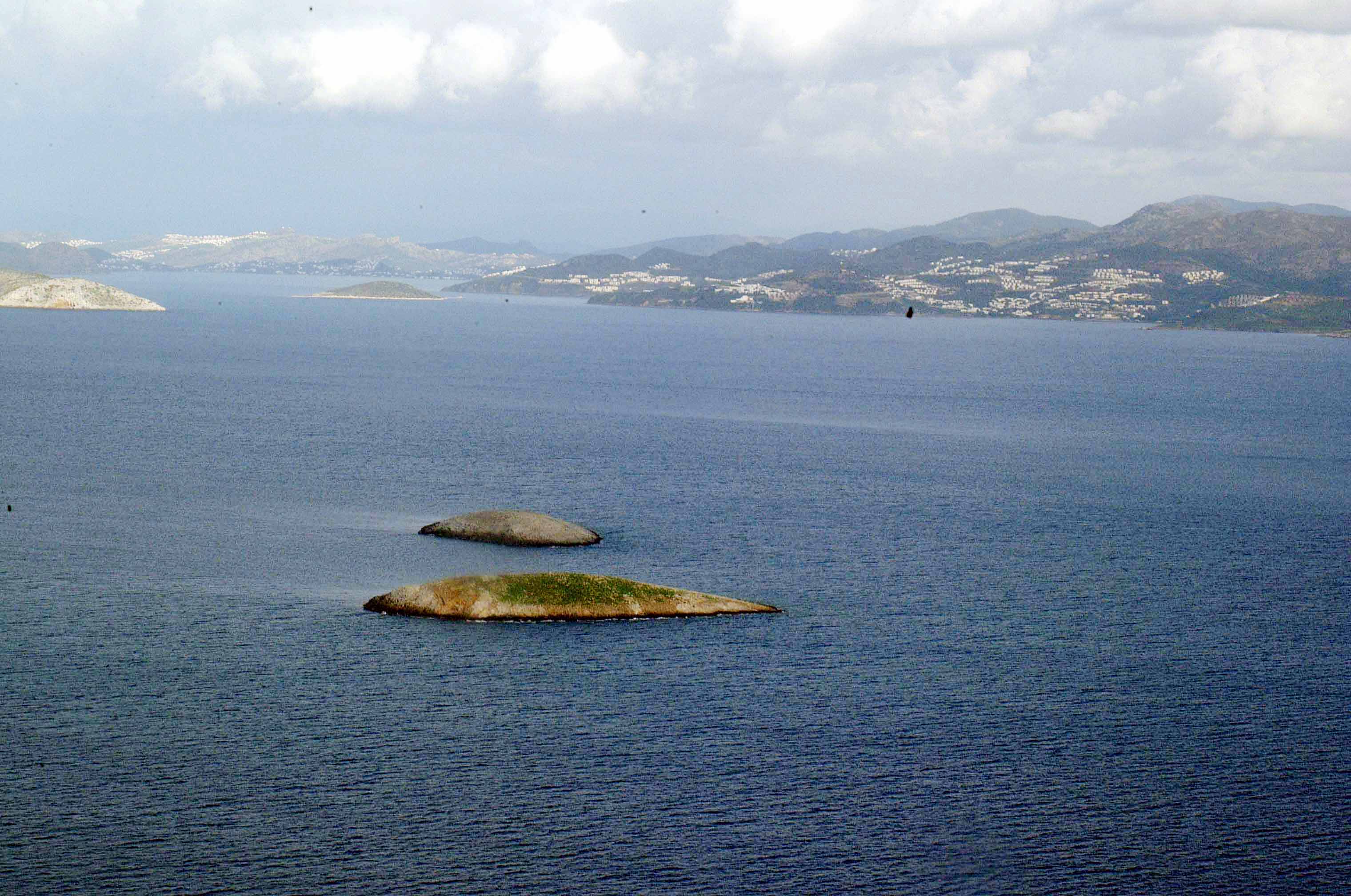In an indication that Turkish policy on the Aegean remains unchanged, a Turkish helicopter conducted an extremely low altitude flight, just 30 metres above the Imia rock islets.
Turkey has for over two decades challenged Greek sovereignty over the Imia islets, which in 1996 brought the two countries to the brink of war. Since then both sides have consensually kept a distance from the islets.
In the latest incident, at 7:59 a.m. today, a Turkish AB-412 helicopter flew over both of the Imia islets at a height of 100 feet (30 metres).
It is possible that the overflight may have been conducted because at precisely the same time, in the area of Kalolimnos, about five kilometers west of Imia, the Hellenic Coast Guard was conducting a search-and-rescue operation to save migrants that were travelling on a wooden boat that sank.
The Dodecanese islands are a lonstanding point of tension between Greece and Turkey.
Yesterday, the Turkish Foreign Ministry issued a statement protesting the joint Greece-Egypt “Medusa 5” aeronautical manoeuvres. The military exercise began on October 29 and ends tomorrow.
In its statement, the Turkish foreign ministry again invokes the 1947 Paris peace treaties to support its position that the Dodecanese islands must be demilitarized, and that by extension military manoeuvres are also forbidden.
The Turkish foreign ministry submitted a demarche to Greece’s ambassador to Ankara, warning that Athens should avoid unilateral action in the Aegean.
The Turkish foreign ministry also called on third parties, an indirect reference to Egypt, “not to take part in violations carried out by Greece.
“Our warning regarding the said exercise has already been communicated to the Embassy of Greece in Ankara, reminding the Embassy of the importance of refraining from unilateral acts that might increase tensions in the Aegean.In this regard, we emphasize our expectation from Greece, as a neighboring country, to refrain from such hostile acts that are at the same time contrary to international law. We also call on third parties not to take part in those violations committed by Greece,” the statement read.
The latest tensions arose just as visiting Turkish Deputy Premier Hakan Cavusoglu was on a visit to Thrace, for contacts with the Muslim community, after talks with Greek officials in Athens, regarding President Recep Tayyip Erdogan’s visit to Greece, planned for early December.
While he was originally scheduled to meet Prime Minister Alexis Tsipras, Cavusoglu ended up meeting instead with his Greek counterpart, Deputy Premier Yannis Dragasakis, suggesting that Tsipras may have refused to receive him.
Sources tell To Vima that the Greek government was displeased by Cavusoglu’s extended visit to Thrace, an annoyance that may cast a shadow over the Erdogan visit.
It is unclear why Cavusoglu met with Greek Education Minister Kostas Gavroglu, since education is not part of the Turkish deputy premier’s portfolio.
Main opposition New Democracy has requested that it be briefed in detail by the government on the Cavusoglu visit.




